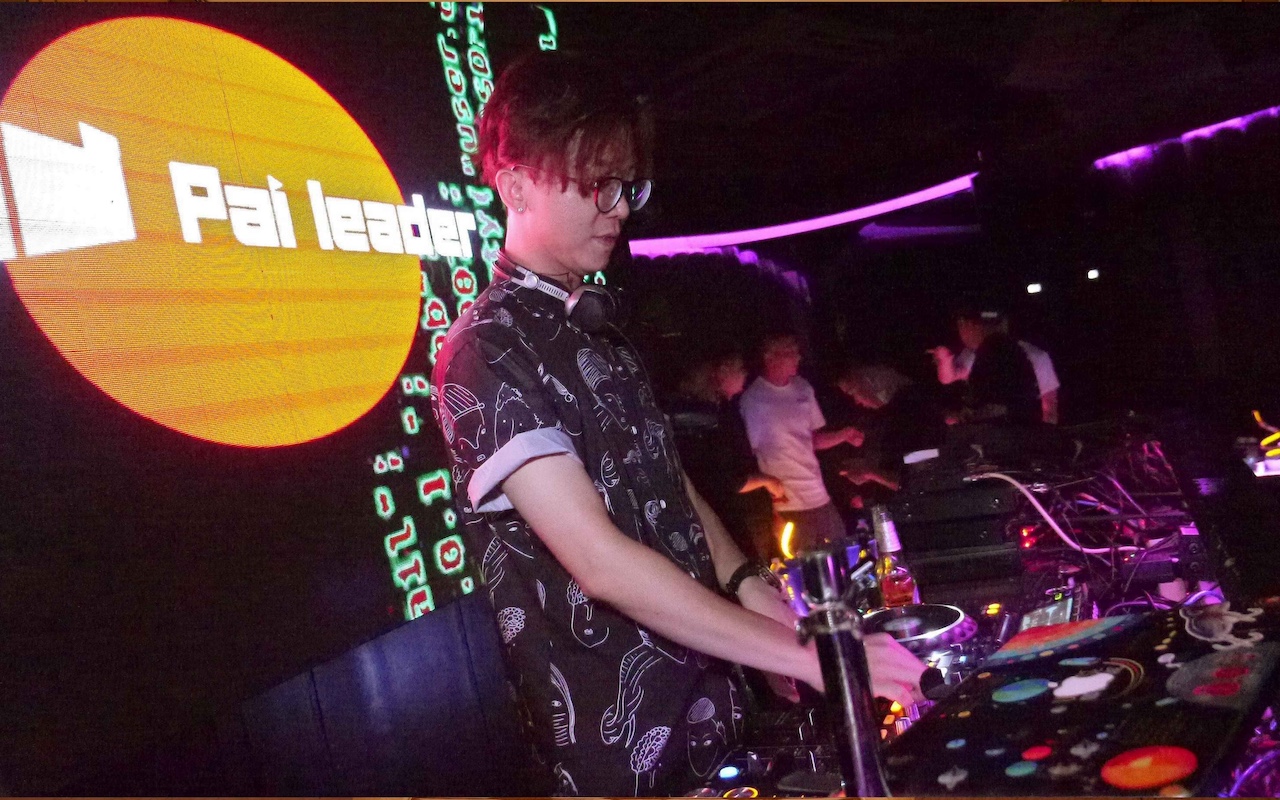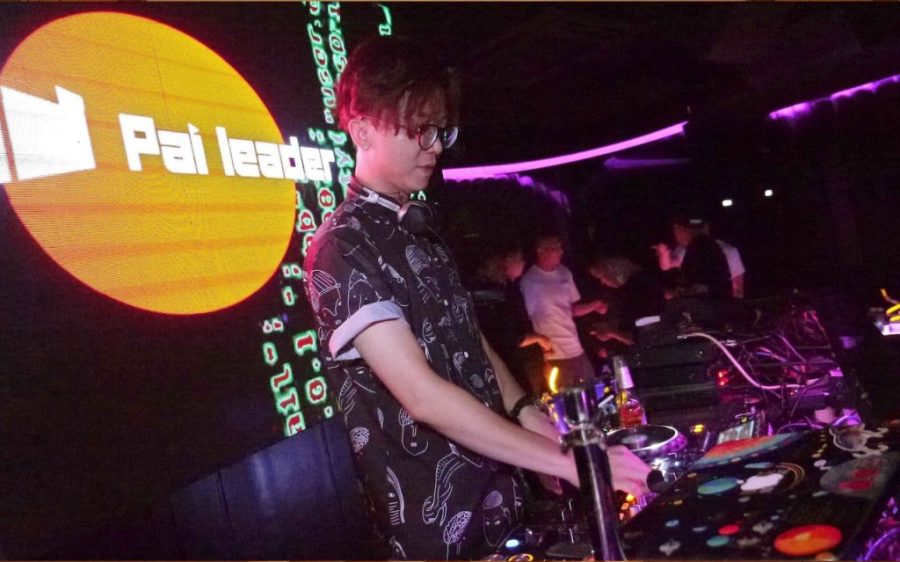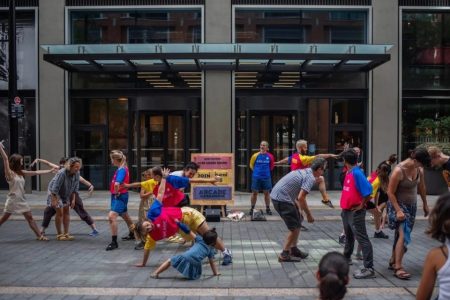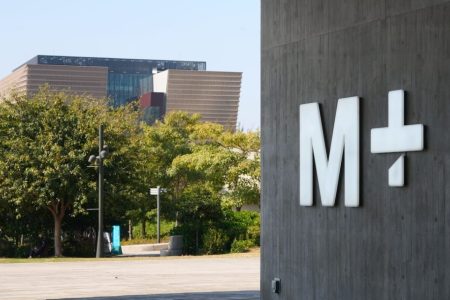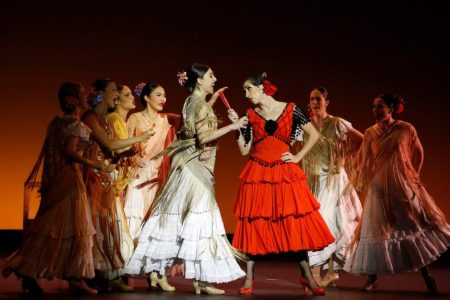Hidden away on the mostly abandoned third floor of the Centro Comercial Teatro Capitol, you’ll find Diwa. Look through its window and you’ll spy a set of festival-grade DJ decks pulsating with light. With a floorspace of just over 36 square metres, Diwa is a small but mighty electronic music learning centre. It’s where Macao’s aspiring DJs, music producers and vocalists flock for lessons – many of which are subsidised by the government. This is also where I have been taking lessons for the past two months. Learning how to DJ was never something I imagined to be possible, or something that I might want to do, but coming across Diwa that day had planted a seed in my mind.
Lam Wai Hong opened Diwa in 2019. He is a local music producer and DJ known to his peers and students as “排長,” “Pai leader,” or simply, “Pai”. Lam’s love for music began when he got his first guitar at age 15 and started dabbling in folk music, while also indulging in Cantonese, Taiwanese and Korean pop.
[See more: Three Cantopop singers introducing a new generation to the genre]
Lam has been making music professionally since 2009, when he produced an album called Inside Out with the Macau Creatives while on an apprenticeship at a recording studio. Its track list spanned rap, R&B and rock. Before long, Lam found himself specialising in songs with Cantonese and Taiwanese pop influences.
It wasn’t until 2017 that Lam became interested in electronic music. That year, one of his original demos in the genre bagged him an arts grant from Cultural Affairs Bureau (known by its Portuguese initials IC), which he put towards learning how to DJ.
It was surprisingly difficult to pick up DJ skills in Macao 8 years ago, Lam tells Macao News. Very few people were qualified to teach the craft locally, and certainly not in any formal way. Taiwan, on the other hand, had a thriving electronic music scene and DJ studios galore. Lam’s determination to master the decks took him to Taipei, where he resided for around two months.
“Sometimes if you think too much, it’s hard to take action. So I just did it,” he reflects, “I had a motive, I wasn’t just learning for fun. I wanted to truly understand electronic music and incorporate what I’ve learnt into my albums.”
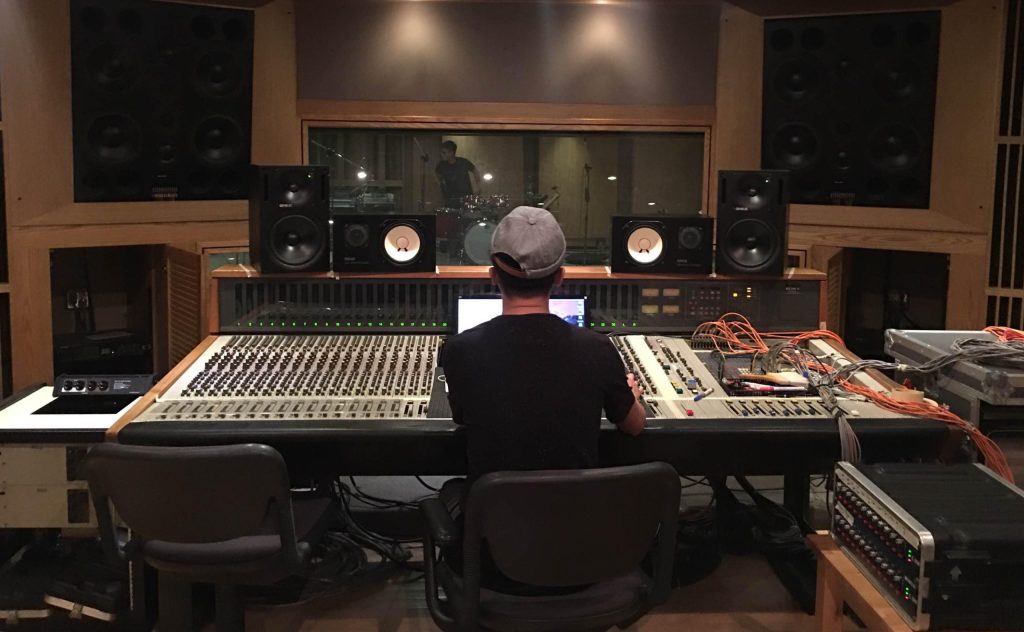
[See more: Why are day parties becoming popular in Macao and Hong Kong?]
Lam’s first album featuring his own original music, Daybreak, came out in 2017. Primarily an EDM album (the letters stand for “electronic dance music”) leaning into the house and dubstep subgenres, Daybreak also has K-pop influences. Lam describes Daybreak as “experimental” and says he was still figuring out his sound while recording it. He shares that he was influenced by local current affairs, mundane occurrences and his daily thoughts.
The following year, he released Hóng虹 – an EDM album with a lyrically satirical slant, featuring collaborations with local singers like Pang Veng Sam and Rachel Lau Wan Ching.
Both albums include songs with Cantonese lyrics because Lam is eager to promote his mother tongue through music. Given EDM tends to see lyrics take a back seat to texture and atmosphere, you might say that vocals serve more as an instrument than as a vehicle for storytelling – his work is still accessible to listeners who don’t understand Cantonese. Those who do should listen closely, however. According to Lam, “Serious things are more meaningful when you say them in your mother tongue.”
From underground to mainstream
The idea for Diwa came to Lam soon after he’d spent two formative months in Taipei; he had already felt the urge to pass on his new-found knowledge and skills.
The word “Diwa” is the pinyin for the Chinese “低窪”, meaning low-lying area – a distinct characteristic of Macao. Past events organised by Diwa went by the tongue-in-cheek “Diwa Power-Supply Party” (“低窪供電派對”). This was a reference to the city’s frequent floods and power outages during typhoons or intense rain. Lam sees music powering people through the inevitable ups and downs of life. Electronic music, with its thumping bass and typically fast tempos, is known to be especially energising. “Also, whenever there’s a typhoon or rain warning it’s free advertising for us,” he jokes, since the Meteorological and Geophysical Bureau usually sends out texts warning people in “low-lying areas” of possible flooding.
[See more: What summer music festivals are in Asia in 2025?]
Since Diwa launched in 2019, Lam estimates he’s taught about 200 locals how to DJ, produce music, or both. The centre also offers recording facilities, singing coaching and lessons in the art of “finger drumming” – a technique using fingertips to tap out beats on electronic pads, common in EDM production.
The fact that Diwa’s students are eligible for subsidies from the government’s Continuing Education Development Programme (“持續進修發展計劃”) helps make electronic music more accessible than ever to Macao residents. The youngest person Lam is currently teaching is just 7, while the oldest so far is in his 50s. Most students are younger people who get inspired to make music after attending a festival or a party. No matter their age, however, “what they all have in common is a love for music,” Lam emphasises.
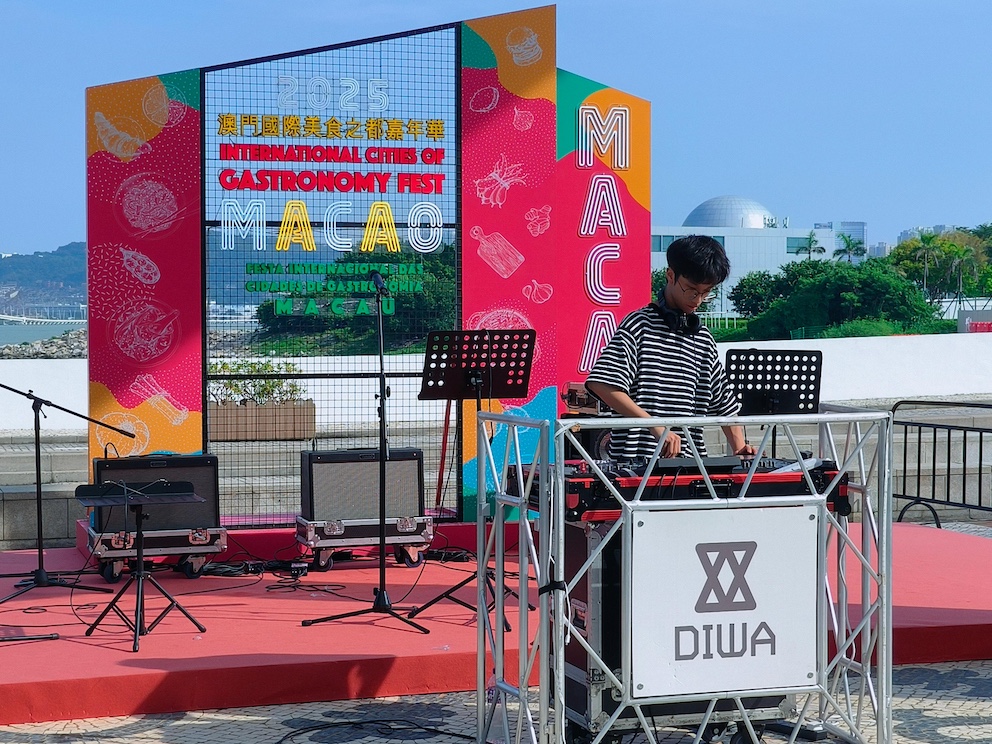
Lam also strives to provide platforms where his students can showcase what they have learnt. Most recently, Lam’s students performed at the Sin Meng Youth Sports Day at Praca Da Amizade, held in June, and at July’s International Cities of Gastronomy Fest. Currently, several are gearing up to DJ at the Macao International Children’s Art Festival at the end of August. Further opportunities lie at local nightlife hotspot Club MOP, which has reached out to Diwa seeking up-and-coming DJs to get behind its decks.
[See more: Calvin Harris to perform at Vision & Colour Music Festival in Hengqin]
“Within my lifetime, there’s been a huge change in people’s attitudes towards DJ-ing,” reflects Lam. “In the past, DJ-ing was associated with illicit activities in seedy nightclubs, but now it’s a respected and normalised position. DJs are now a common sight in events across Macao.”
Leading the charge
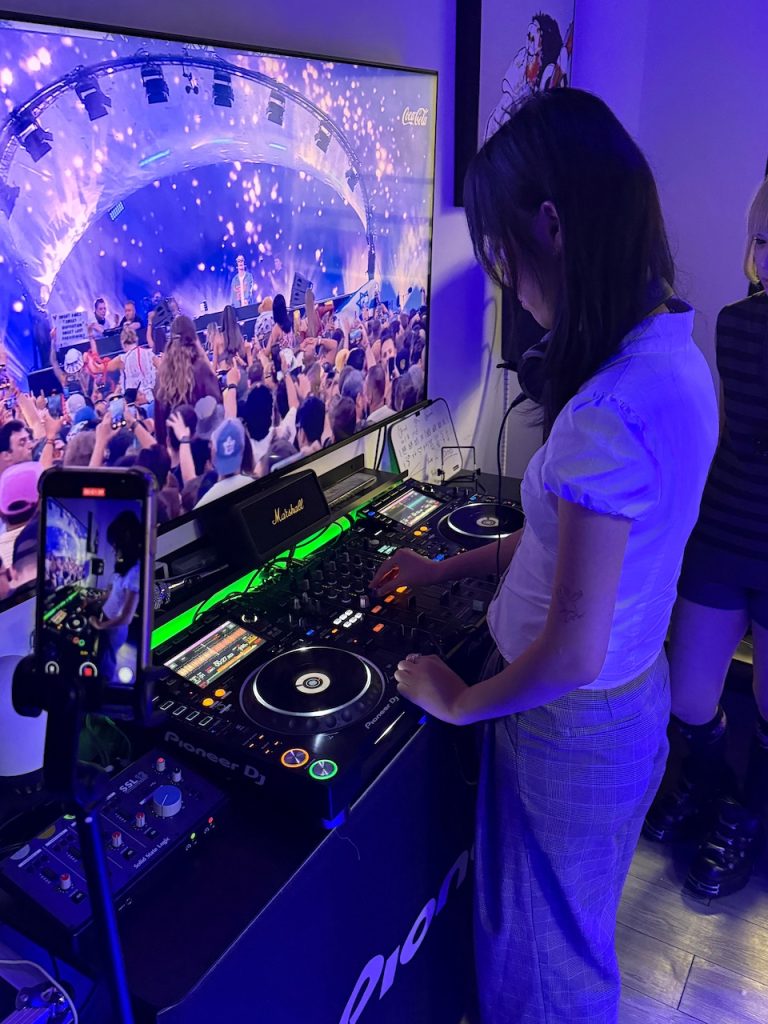
In Cantonese, Lam’s nickname – “Pai leader” – means “platoon leader.” It’s a play on words reflecting how he was once a skinny kid who took part in an unofficial version of the scouts as a boy. The name obviously takes on another layer of significance through his work at Diwa, where Lam leads the charge in making EDM accessible. Diwa is where Macao’s homegrown electronic music scene is being gestated.
[See more: ‘The first instrument is your mind.’ Meet cellist Lokteng Pao, Macao’s rising musical star]
“There was a period of time when I doubted myself, and there were times when I wondered if I should continue down the path of music because I always felt like I was missing the mark,” Lam confesses. “But now, whenever people from Macao think of DJs and music producers, I’ve been told that I am one of the first few people who come to mind. I feel like I have a mission, like I’ve done something.”
